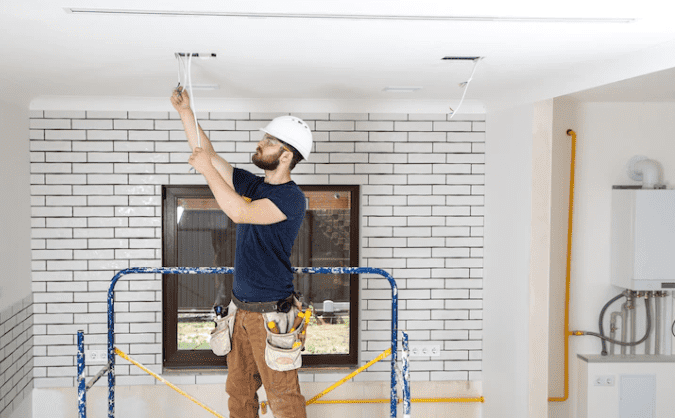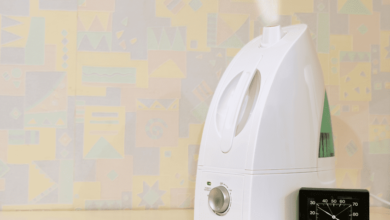Living Alone: Being Prepared for Emergency Home Repairs

Homeownership comes with a lot of responsibilities which emergency home repairs are part. Of course, not all costs come in an unpredictable manner; by month-end, you have to pay for the mortgage, insurance, electricity bills, and other taxes, but home repairs are not often included because many think it is of little importance.
Ideally, you should have savings set aside for emergency home repairs, just like you do for your kid’s tuition. Home repairs are just as important because negligence on your part could transition from a minor repair to a major repair.
How To Prepare For Emergency Home Repairs
Save Money
Definitely has to be the main point of focus; without a strong saving culture, you would miss out on basic things life has to offer, except you’re wealthy.
Meanwhile, an average American can’t single-handedly cover an emergency cost of more than $400, and if, unfortunately, the repairs go beyond that, then such a person will have to take a loan.
According to Robert Kiyosaki in his book titled Rich dad poor dad, taking a loan for repairs is bad debt because it doesn’t bring passive income since you are living alone. Good debt is one that generates passive income for you; a loan spent on repairing a rental property is worth all the pennies spent.
Now, since we know taking a loan to repair your personal home isn’t a smart move, then we are left with a saving culture. To have adequate savings, inculcate saving up to 20 percent of your total income; this would leave you with 80 percent that you can foot your other bills.
Being Proactive
Prevention, they say, is better than cure; when you are proactive with tiny details around the house, you will have no reason to repair any gadget in the house. Pay close attention to all doorknobs and lubricate the hinges if there is any stiffness. The window blinds or curtain arrays should be drawn gently to avoid damage.
Home gadgets like HVAC equipment can be found in almost every home as they dictate how well the home is aerated. The air filter should be checked regularly for dust as it prevents it from functioning properly.
During cleaning, endeavor to switch off the HVAC system to avoid dust particles settling into it or cover it properly with linen.
Being Conversant With Home Equipment
Most home gadgets can last up to 20 years or more with high maintenance; you can work towards this and plan for home repairs ahead. For instance, if your roof is said to last for 30 years before leaking, but your water heater is to last to 5 or 10 years, you can save toward repairing the water heater and then the roof.
Being conversant with your home gadgets will help you set up a scale of preference to know the gadget that needs urgent repair. Plan right with your finances; you can repair one item at a time while maintaining the other faulty items in your home.
Think Long Term
When home repair surfaces don’t settle for less or else you will have to repair the same thing in a few weeks. Think long term when repairing any gadget by settling for the best quality in the market, it will cost more, but it will be worth the sacrifice.
Repairing with quality materials give a satisfying look, serves you better and longer, and then saves you money in the long run. Think about investing in items that serve well to your health as well such as an RO system or air conditioning. Additionally, a high-quality home repair can give your home a higher resale value; the minor repairs you don’t pay attention to can be your saving grace when buyers come for your home.
Conclusion
Your home is your comfort zone, and maintaining it has to be a top priority. Irrespective of how beautifully designed it is, it will surely need repairs someday. The repair might come unnoticed, and that is why you need to be prepared for emergency home repairs.
Taking a loan to repair your personal home isn’t a smart move as it could unbalance your financial plans. The most adequate way is to save towards home repairs or be proactive with your home gadgets. Being proactive doesn’t mean your home won’t need repairs, but it would limit the number of items for repairs.




